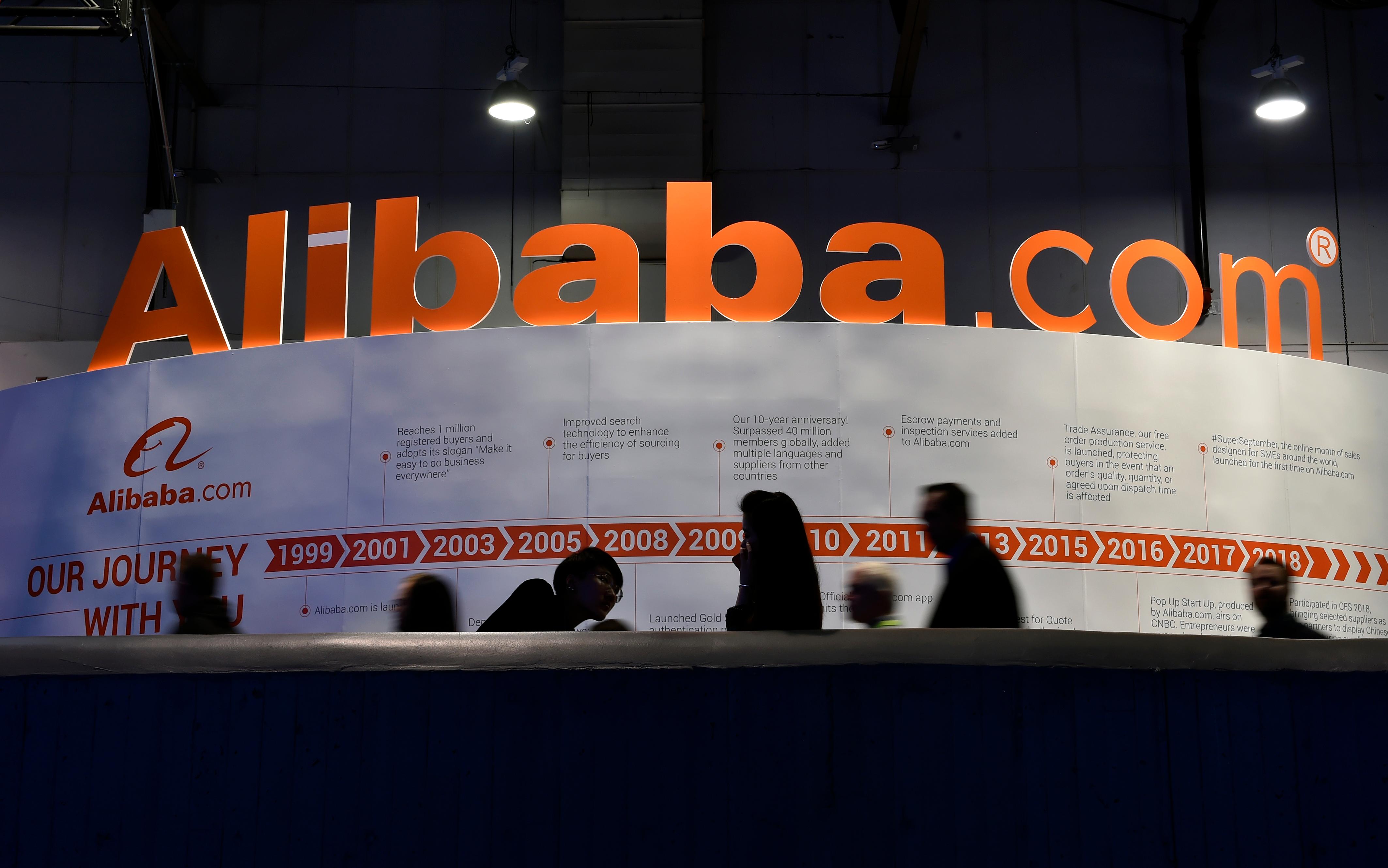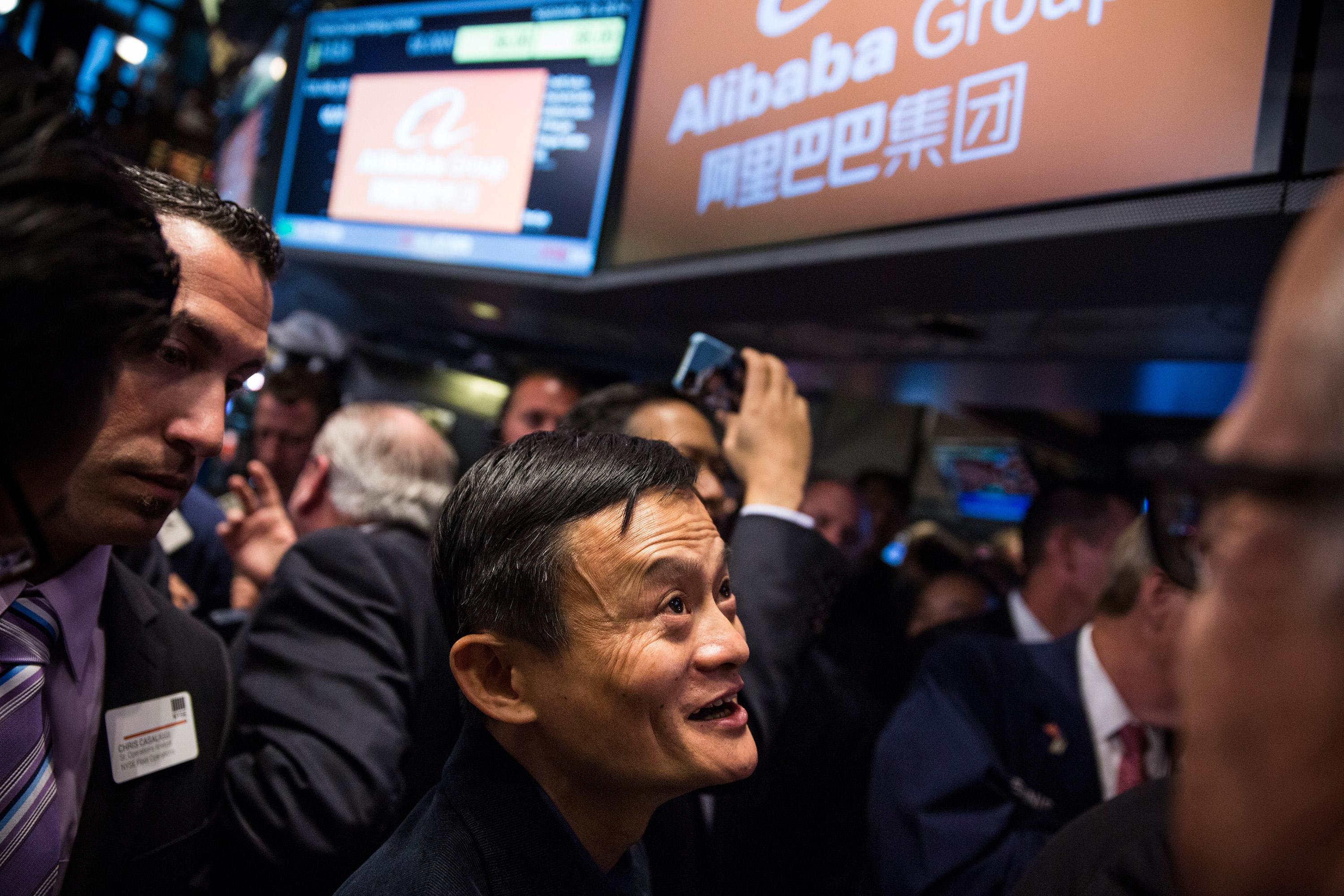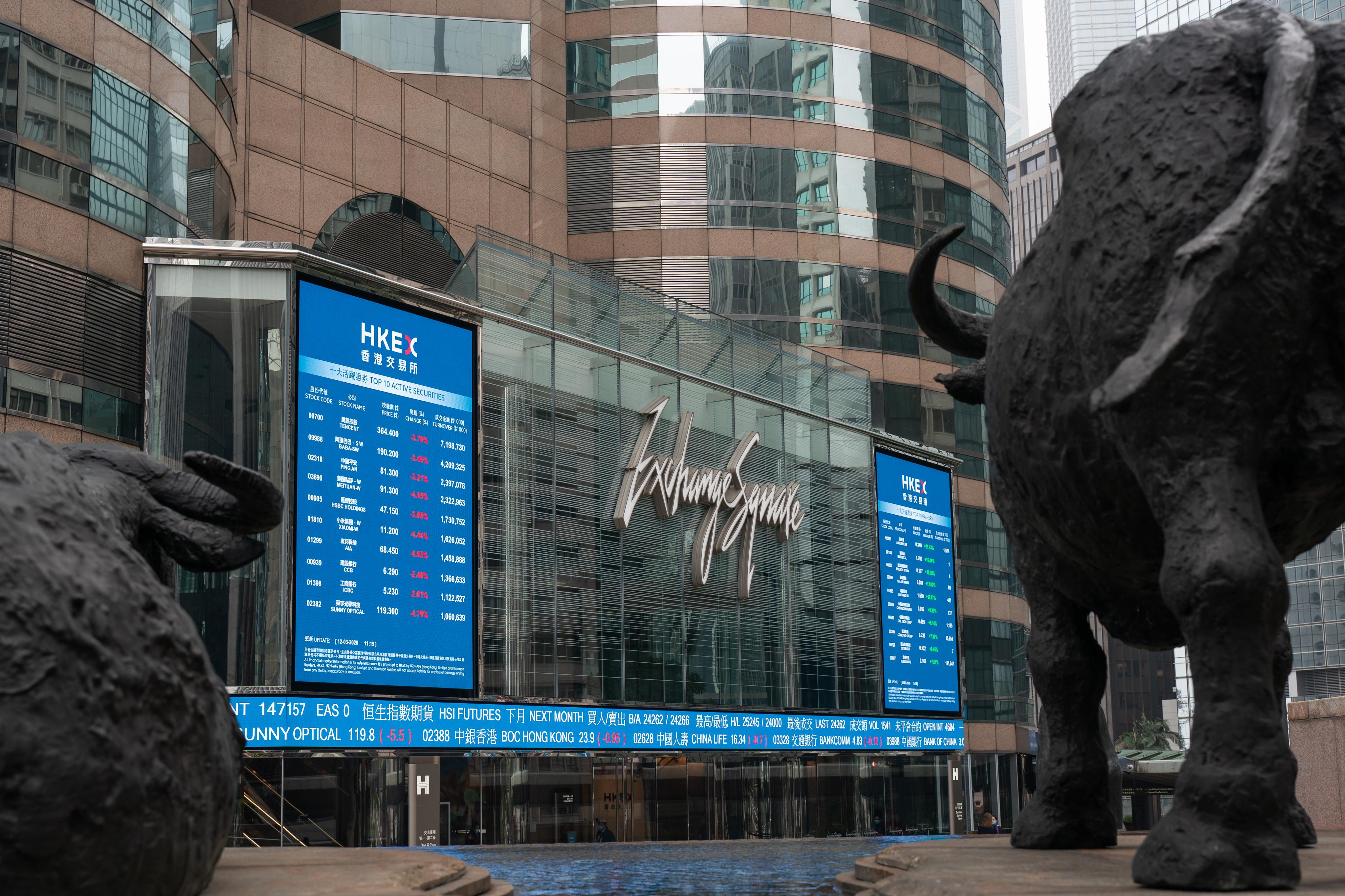Alibaba's Only Stock Split Was Out of the Ordinary
Alibaba shares have been public for six years, but has the company ever split their stock? Here's a breakdown of BABA stock's history.
Dec. 24 2020, Published 11:27 a.m. ET
Stock splits are a common occurrence in the market. Tesla's five-for-one split and Apple's four-for-one split both occurred in Aug. 2020. These blue-chip companies are joined by many others, but is Alibaba one of them?
Alibaba's history on the public market contains one stock split, and it's accompanied by a secondary listing.
Which is bigger: Alibaba or Amazon?

Alibaba founder Jack Ma
As of market open on Dec. 24, Amazon holds a market capitalization of $1.61 trillion. At the same time, shares are up to $3,200.47. The company hit the $1 trillion valuation mark back in February, right when the COVID-19 pandemic led to heightened e-commerce spending. Now, holiday spending has helped Amazon maintain their momentum as founder and CEO Jeff Bezos continues to add billions to his $187 billion net worth.
These numbers make Amazon markedly larger than Alibaba, which has a market cap of $608.63 billion. Shares are going for $224.98. Meanwhile, founder Jack Ma maintains his more than $50 billion net worth.
What was Alibaba's IPO price?
Alibaba went public in Sept. 2014. At the time, the company was just over 15 years old (Ma founded the company in his apartment in Hangzhou, China in 1999).
At the time of their IPO, Alibaba had the largest public offering on record. They sold each share for $68 and raised a total of $21.8 billion. After underwriters decided to sell more shares, the IPO ended up being worth a whopping $25 billion.
Since the IPO expansion, Alibaba has yet to be beat on their gigantuan IPO. Many investors may feel like it's only a matter of time, considering the rapid pace of IPO growth.
What happened to the Alibaba stock split?
Alibaba performed an eight-for-one stock split on July 15, 2019. At the time, they increased their number of available ordinary shares from four billion to 32 billion. A shareholder who formerly held one share wound up with eight, although the value of the total shares remained consistent.
According to the company, the stock split was a way for Alibaba to increase the number of shares they sold and help them raise capital for growth. Shareholders voted in favor of the stock split in an annual general meeting.
A secondary listing followed the Alibaba stock split
At the same time of Alibaba's eight-for-one stock split, the company launched a secondary listing on a Hong Kong exchange. Alibaba offered 500 million new shares in China, which dilated the company's stock by 2.3 percent. Diluted shares can bring down the overall earnings per share (EPS) for each investor.
The Hong Kong IPO went for $22.50 per share and helped Alibaba raise enough to maintain the largest IPO listing of 2019. Because of the secondary listing, Alibaba's stock split flew under the radar for American investors.
Will Alibaba ever split their stock again?
Despite the fact that the company trades the majority of their public shares on the NYSE, Alibaba is a Chinese entity. This means they're subject to different regulations, as evidenced by the antitrust investigation that Chinese investigators launched on Dec. 24.
In America, Alibaba's shares fell seven percent in pre-market trading. On the Hong Kong exchange, shares fell 8.1 percent.
Alibaba may split their stock again down the line, but it's not likely to occur in the short-term.



